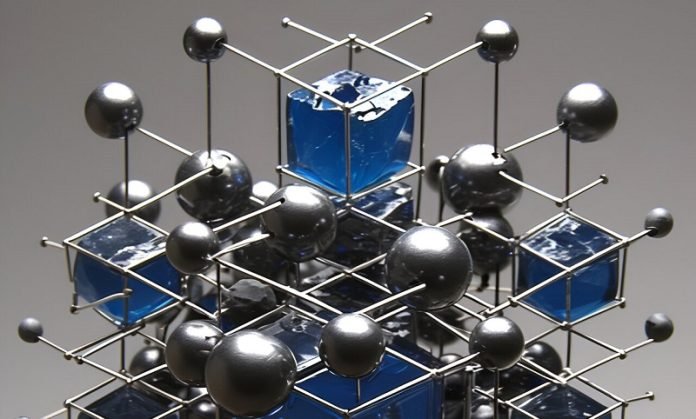
Researchers from Skoltech and their colleagues have made a significant advancement in improving fuel cells—a cleaner and more efficient technology for generating electricity.
By treating carbon-based electrode materials with air plasma, they have enhanced the performance of these crucial components in fuel cells, as reported in the Journal of Electroanalytical Chemistry.
Fuel cells are devices that generate electricity through a chemical process that oxidizes fuel, like natural gas, but doesn’t burn it.
This process is environmentally friendly as it produces more power and fewer pollutants compared to traditional methods.
Fuel cells can be used in various settings, including industrial facilities, homes, and vehicles, providing a reliable source of power while reducing emissions of greenhouse gases and pollutants.
The research focused on the anode, one of the three main parts of a fuel cell, which is typically made from carbon. The performance of these carbon anodes is vital because it affects how efficiently the fuel cell can operate.
The team at Skoltech used a technique called plasma treatment to improve the anodes by introducing tiny defects into the carbon structure with oxygen and nitrogen atoms. This process is known as “defect engineering.”
By using air plasma, which is cheaper to produce than pure nitrogen or oxygen plasma, the researchers were able to improve the anode’s performance effectively and economically. The air plasma performed better than the other types in modifying the carbon material, making it a more cost-effective method.
This approach is particularly promising because it can be integrated into the production of the carbon material itself, eliminating the need for additional processing steps. This is an improvement over other methods that require expensive materials like ruthenium oxide or platinum to enhance the carbon anodes.
The use of plasma treatment not only makes the process more economical but also helps the electrodes perform nearly as well as those using noble metals. This could lead to broader adoption of fuel cells in a range of applications, from powering remote off-grid locations to supplying electricity for vehicles and even space probes.
Overall, the study’s findings suggest that plasma treatment of electrode materials can significantly enhance the performance of fuel cells.
This development holds great potential for increasing the efficiency and sustainability of power generation, making fuel cells a more viable and environmentally friendly option for the future.



